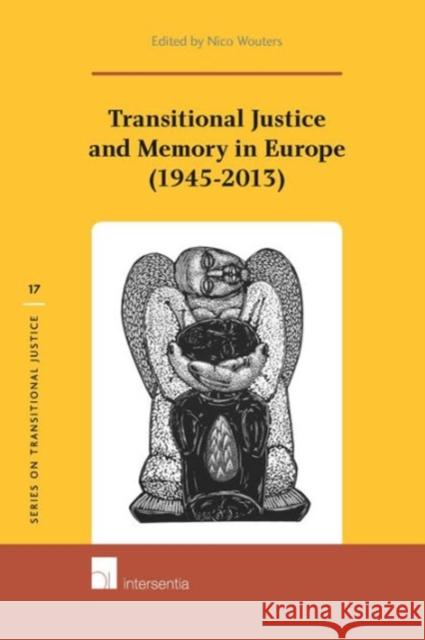Transitional Justice and Memory in Europe (1945-2013): Volume 17 » książka
Transitional Justice and Memory in Europe (1945-2013): Volume 17
ISBN-13: 9781780682143 / Angielski / Twarda / 2014 / 416 str.
What lessons can we learn from history, and more importantly: how? This question is as commonplace as it is essential. Efficient transitional justice policy evaluation requires, inter alia, an historical dimension. Whichever policy has or has not worked in the past is an obvious key question. Nevertheless, history as a profession remains somewhat absent in the multi-disciplinary field of transitional justice. The idea that we should learn lessons from history continues to create unease among most professional historians. This book investigates the framework of this unease. At the core are nine national European case studies (post 1945, the 1970s dictatorships, post 1989) which implement the true scholarly advantage of historical research for the field of transitional justice: the broad temporal space. All nine case studies tackle the longer-term impact of their country's transitional justice policies. Two comparative conclusions, among others by the internationally renowned transitional justice specialist Luc Huyse, complete this collection. The book is a major contribution in the search for synergies between the agenda of historical research and the rapidly developing field of transitional justice. *** "The most sophisticated study to date of transitional justice. Responding to a thoughtful and well-elaborated conceptual framework, contributors explore transitional justice in nine European countries in the aftermath of civil and interstate wars. The collective findings document the variety of responses, some of the reasons for them, their consequences for justice, healing and democratic reconstruction and the important role played by official and collective memories. This is a must read for academics and policymakers alike." -- Richard Ned Lebow, Professor of International Political Theory in the War Studies Department of King's Coll. London and the James O. Freedman Presidential Professor (Emeritus) of Government at Dartmouth Coll. *** "Surprisingly, we needed the detour of studying faraway tyrannies and wars to rethink in terms of transitional justice the legacy of painful pasts and the persistence of traumatic memories in postwar Europe. This impressive book offers a tableau of incisive country studies inspired by this new approach. Firmly embedded in comparative analysis and theoretical reflection, it should be in the hand luggage of the non-existent but dearly needed Special Rapporteur on Transitional Justice of the Council of Europe." -- Antoon De Baets, author of Responsible History, U. of Groningen (Series: Transitional Justice - Vol. 17)











